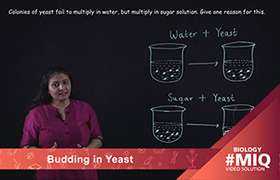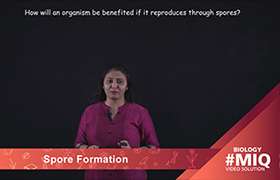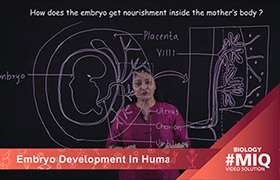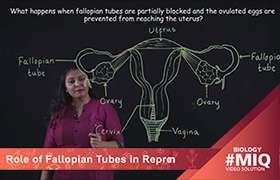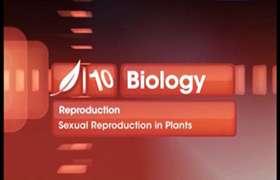CBSE Class 10 Answered
what is budding ? asexual reproduction sexual reproduction difference between and fission fragmentaion regeneration vegetative propagation spore formation plz explain in it ok question answer ncert all with answer ok? plz explain this chapter how do organisms reproduce plz explain in hindi ok not english plzzzzzzzz
Asked by urvashi sharma | 21 Nov, 2013, 05:40: PM
|
METHOD |
DESCRIPTION |
|
Binary Fission
|
|
|
Multiple Fission
|
|
|
Budding
|
|
|
Regeneration
|
|
|
Spore formation |
|
|
Fragmentation |
|
Answered by Sheetal Kolte | 21 Nov, 2013, 06:47: PM
Application Videos
Concept Videos
CBSE 10 - Biology
Asked by ar3886267 | 01 Mar, 2024, 05:57: PM
CBSE 10 - Biology
Asked by janu69659 | 28 Feb, 2024, 09:12: PM
CBSE 10 - Biology
Asked by baibhabsenapati | 16 Feb, 2024, 01:29: PM
CBSE 10 - Biology
Asked by mohammedtaiyabt | 14 Feb, 2024, 05:42: AM
CBSE 10 - Biology
Asked by ananyapatharidav | 06 Feb, 2024, 06:51: PM
CBSE 10 - Biology
Asked by artikumari118 | 05 Feb, 2024, 10:45: AM
CBSE 10 - Biology
Asked by muskan.bharti.dih | 08 Nov, 2023, 11:53: AM
CBSE 10 - Biology
Asked by saritadiwakarjha | 09 Mar, 2023, 02:45: AM
CBSE 10 - Biology
Asked by ten.foundation | 15 Jul, 2022, 02:32: PM
CBSE 10 - Biology
Asked by winkeyroy98 | 15 Jul, 2022, 02:30: PM

